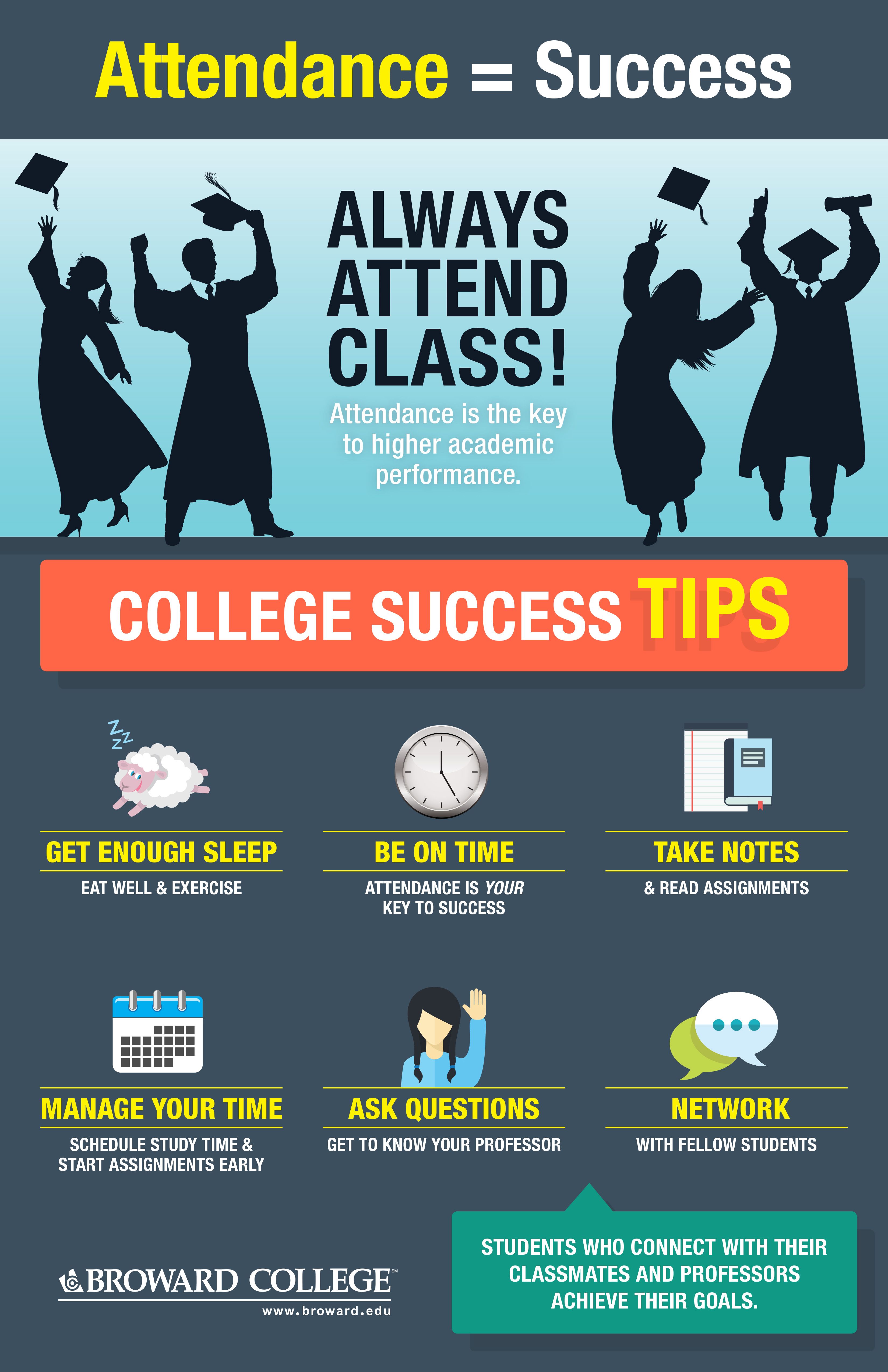
Those interested in education may consider pursuing a Master's degree in school counseling online. The course typically lasts for three years. There is a 600 hour internship in the final year. The flexible online format allows students to take the 60-credit program at their own pace. Students who successfully complete the program will be eligible to receive provisional New York State licensure as a School counselor. They must have at least two years' experience as a School Counselor after completing the program.
Online Master's Degree in School Counseling
A Master's degree in school counseling will prepare you for a variety of positions in K-12 schools and community agencies. This career path involves direct work with students, teachers, and administrators. The program offers coursework in legal and social issues. It also covers professional counseling methods and evaluation. Graduates can work as school counselors for nonprofit organizations or state education departments.
A master's degree in school counselling will give you the skills and ethical foundation to work with children or adolescents. A history of counseling will also be covered, as well as current trends. The role of school counselors within society, as well as ethical and legal issues, will be covered. This course teaches you how counseling can be integrated with multicultural perspectives and address social changes.

Online master's degrees in school counseling are available at many institutions. The Council for Accreditation of Counseling and Related Educational Programs, (CACREP) is the most widely used accreditation for online school counselling programs. Schools that have been accredited through CACREP can offer quality online courses. You may need a master's degree depending on where you live to be eligible for licensure.
Program requirements
For your Master's degree in school counseling, you will need to have completed at least 48 hours. The program's curriculum emphasizes learning through experiential opportunities. You will also be required to complete a 600-hour internship with a local school. This will allow for you to gain practical experience and improve your communication skills. After completing this program, you will be licensed to practice in your state as a school counsellor. You'll be qualified to work as a community counselor, in college recruitment, and in education administration.
In order to become a school counselor, you must have a thorough knowledge of human growth and development, including the unique needs of different populations. Moreover, you'll have to be able to apply the latest theories of counseling to help students reach their full potential. You will have the chance to interview school counselors and be exposed to cutting-edge research. Furthermore, you will gain real-world experience conducting group counseling sessions within schools. Simulated counseling sessions are also available.
Salary
A Master's Degree in School Counseling can help you earn a better salary than your bachelor's. A school counselor's annual salary can vary depending on the type of school and their experience. The average school counselor salary will be greater in large cities than in small towns. Many school districts will pay more for school counselors who can help with curriculum development.

There are roughly 333,000 school counsellors in the United States. By 2029, that number will increase by about 16%. School counselors provide support to students facing difficult situations. They are caring, compassionate professionals. The master's program in school counseling can help you advance your career while helping others. It is important to remember that school counseling requires emotional commitment.
After earning your Master's of School Counseling degree, you might need additional training before you can start working. Some states require an internship. Others require more hours after graduation. The ASCA's directory of school counselors can help you find the requirements for your state. The directory includes information like the minimum GPA, internship hours and certification tests. It also includes a link to each state's web page for more information.
FAQ
How do I choose which eLearning platform to use?
Today, there are many eLearning platforms. Some are free while others are more costly.
You need to ask questions when deciding between these options.
-
Do I want to create my own learning materials? There are many free tools that you can use to create your own eLearning course. These tools include Adobe Captivate and Articulate Storyline as well as Lectora and iSpring Suite.
-
Are you looking to buy ready-made eLearning course? Pre-packaged courses can be purchased from many companies. They can cost anywhere from $20 to 100 dollars per course. Mindjet (Edusoft), and Thinkful are three of the most highly-respected.
-
What if I want to combine both? Many people find that mixing their own materials with those supplied by companies produces the best results.
-
Which option is best for me? It depends on the situation. If you are new to eLearning, then you may want to start out by creating your own materials. You may also want to consider buying a pre-designed course once you've gained some experience.
What equipment do you need for eLearning learning?
When you begin an online course, the most important thing is to make sure everything is set up properly on your computer. You'll probably want to use Adobe Captivate as well as a webcam and microphone.
You should also ensure you have all the necessary software installed on your computer. This includes Microsoft Office (Word, Excel, PowerPoint), Adobe Acrobat Reader, Flash Player, Java Runtime Environment, QuickTime 7, and Shockwave Flash 10.0.
Camtasia Studio from TechSmith is another screen capture tool you may want to consider. It allows to capture what is happening on the computer screen while you're working.
You might also want to download web conferencing tools like WebEx and GoToMeeting. These programs let you connect with others who are viewing the same presentation simultaneously. They also let you share your desktop with others.
What's the value of elearning?
Learners can access e-learning anytime and anywhere. It allows them to learn wherever and whenever they like.
E-Learning allows learners to connect with other people who share similar interests. This interaction increases communication skills and knowledge sharing.
Technology makes it easier to exchange information between the student and teacher. The technology should be robust enough that it can deliver high-quality content.
E-learning can help reduce costs by reducing the need for travel for training purposes.
It allows learners to save time and money while traveling or working.
What is the Internet connection required for eLearning.
It depends on the type of activity you wish to pursue. It doesn't matter if it's an online course. You will however need internet access if interactive features such quizzes or other types of learning are to be used.
Statistics
- However, e-learning courses that are engaging, well-designed, and interesting are likely to be perceived as useful by e-learners (Roca & Gagné, 2008). (sciencedirect.com)
- According to ATD's 2021 State of the Industry report, technology-based learning methods, including e-learning, accounted for 80 percent of learning hours used in 2020. (td.org)
- Interestingly, students' participation in online training grew by 142% in the past year alone, indicating how quality education and up-to-date teaching pedagogy are preferred by learners and working professionals to upskill across India. (economictimes.indiatimes.com)
- India's PC market clocks 9.2% growth to 3.4 million units in the September quarter (economictimes.indiatimes.com)
External Links
How To
What are some examples of e-learning? What are some benefits of using e-learning?
There are many types and styles of elearning that you can choose from, such as:
-
Distance Learning - A distance learning program takes place entirely through the internet.
-
Onsite Training - An onsite training program involves a group of participants coming together to receive training in person.
-
Virtual Classroom – A virtual classroom allows students and teachers to communicate via chat rooms, forums, or other computer-based means.
-
Webinars - Webinars are live presentations delivered over the web. They allow you to connect with your audience in real time.
-
Self-Paced Training Courses - These courses do NOT require an instructor and can easily be completed at the pace you choose. Logging in to the course is easy.
-
Interactive Tutorials- Interactive tutorials are intended to help users perform specific tasks.
-
Social Media Learning platforms - Twitter and Facebook provide great learning opportunities. Students can share ideas, ask questions, and get feedback from friends and peers.
-
Online Forums – Online forums can be a great place to discuss topics that are relevant to your area of study.
-
Podcasting: Podcasting is creating audio files which can be downloaded later and listened to.
-
Video Conferencing - Video conferencing allows two or more people to meet face to face virtually.
-
Mobile Apps - Mobile apps are programs created specifically for smartphones and tablets.
-
Online Quizzes: Online quizzes can be used to test your knowledge about a topic.
-
Discussion Boards - Discussion boards are online communities where you can post messages, read messages posted by others, and respond to those messages.
-
Website Content Management Systems (CMS - CMSs are software that allow site owners to easily modify their website content.
-
Blogging - These are websites that allow users to leave comments and offer opinions.
-
Wikis - Wikis enable multiple users to edit pages at once.
-
Chat Rooms are chat rooms that allow users to converse online.
-
Email Lists – Email lists are groups that contain email addresses from which you can send messages.
-
RSS Feeds: RSS feeds are news aggregators which collect articles from different sources and present them in an easy-to-read format.